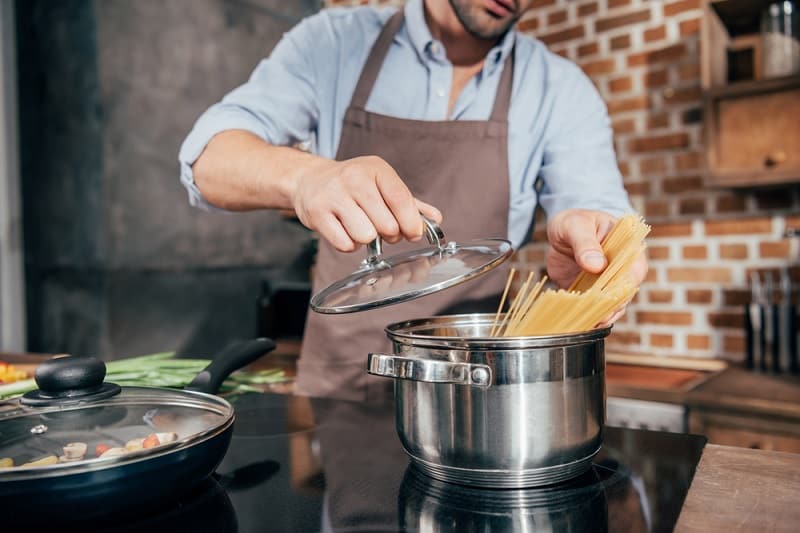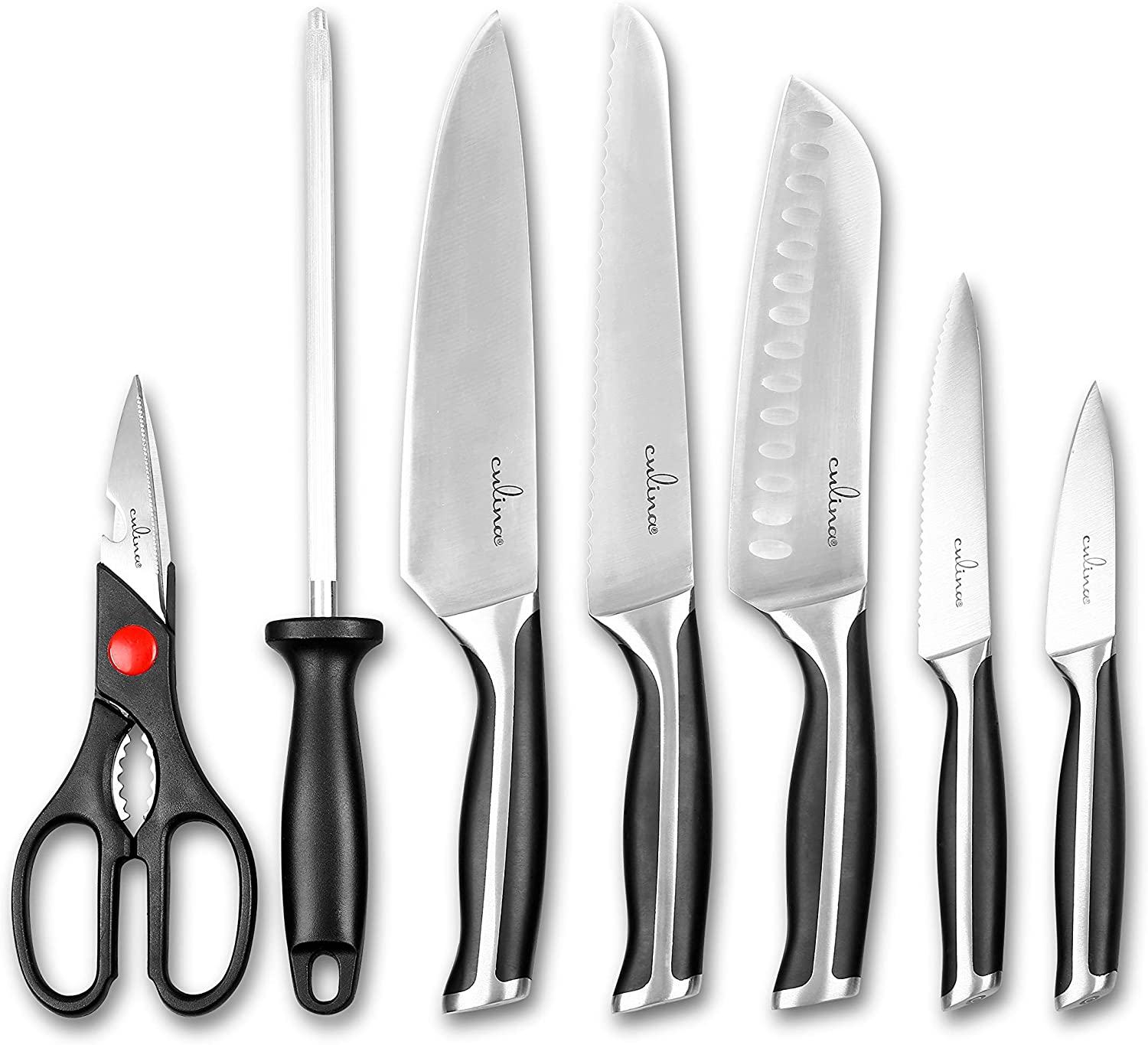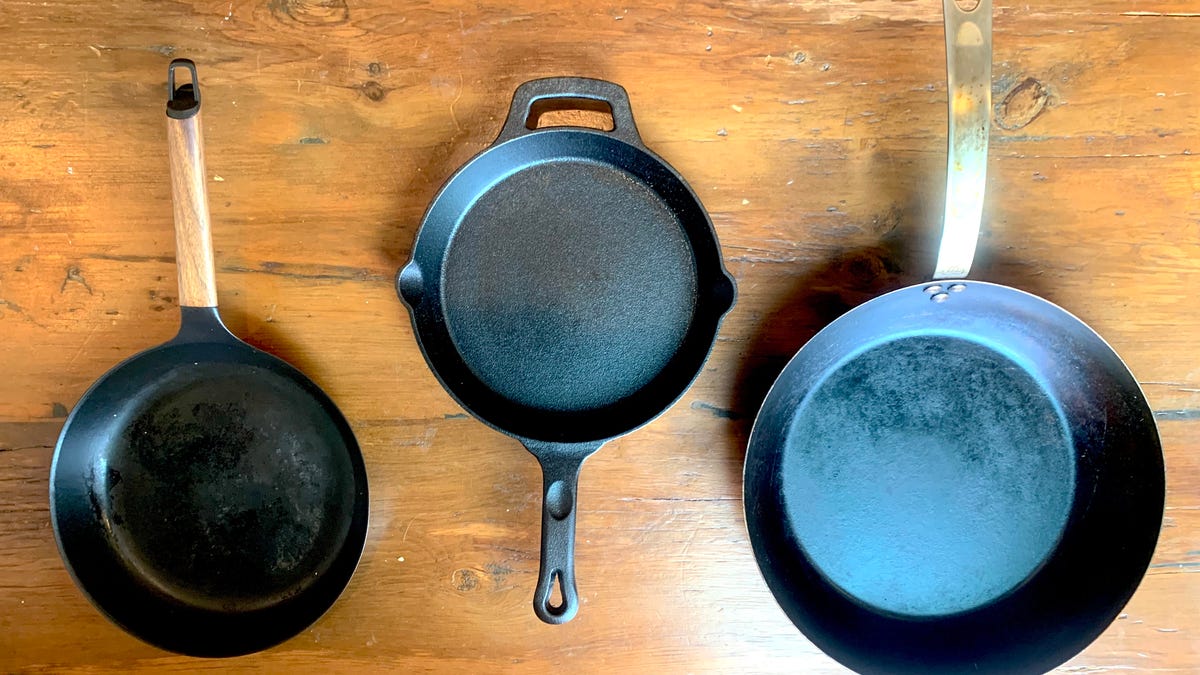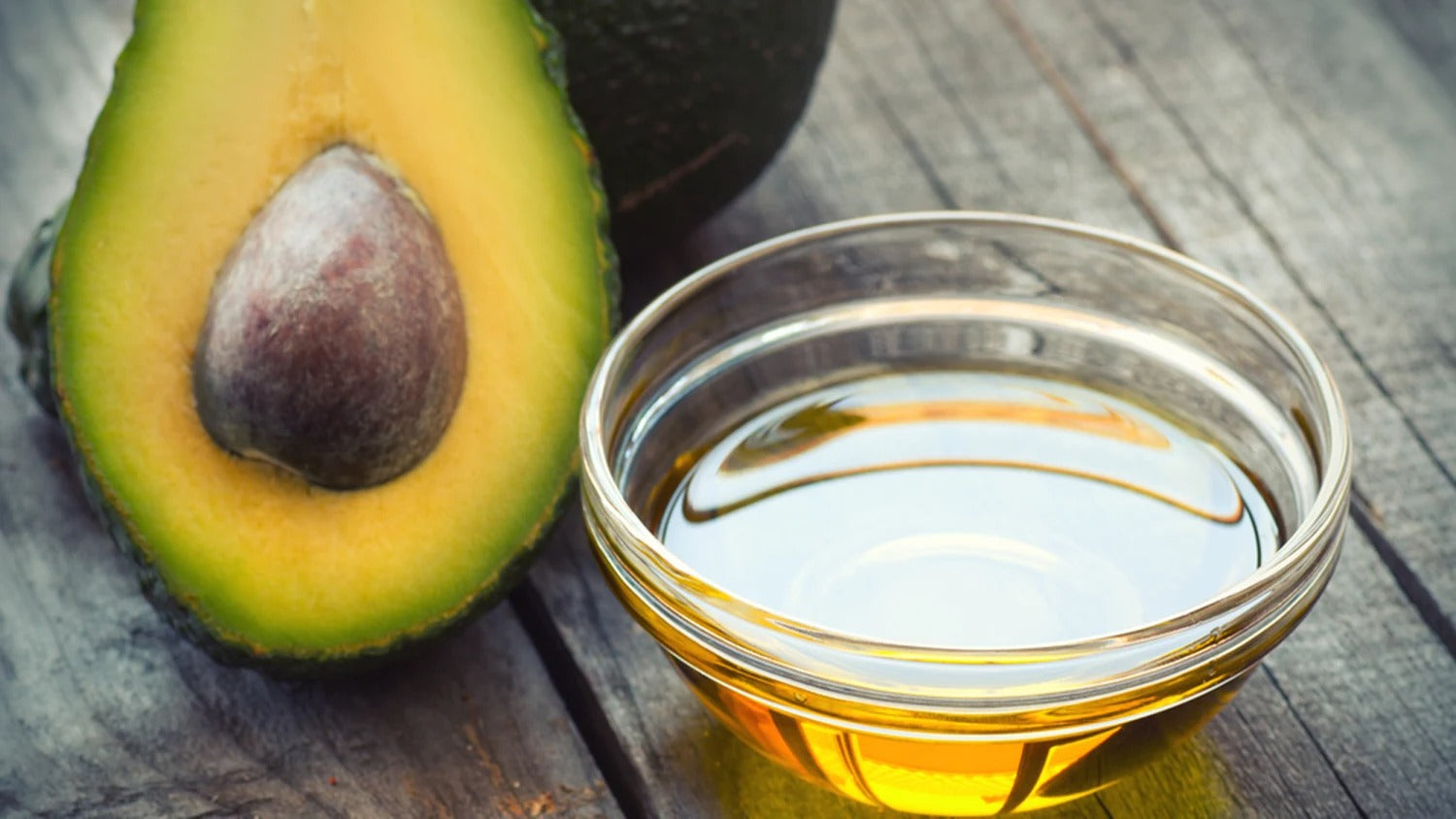When it comes to preparing the perfect pasta, the tool you choose can make all the difference. Many kitchen professionals might overlook an essential question: what size saucepan for pasta is actually the best? In this article, we will delve into the considerations that influence this decision, as well as offer some life-changing insights into selecting the right saucepan for every pasta preparation.
Cooking pasta to perfection is not just about the ingredients; its also about the equipment. Choosing the right size saucepan ensures not only your pasta cooks evenly but also that water doesnt overflow, and the cooking process remains efficient. Throughout this article, we will cover various saucepan sizes, techniques, and tips that kitchen professionals like you can't afford to miss!

Understanding Saucepan Sizes
Before diving into specific sizes, lets understand how saucepan sizes are measured. Typically, saucepan sizes are determined by their capacity, often expressed in quarts. For pasta, the most commonly used saucepan sizes are 2-quart, 3-quart, and 4-quart. Here's a quick overview:
- 2-quart saucepan: Suitable for small servings or cooking for one or two people.
- 3-quart saucepan: Ideal for medium-sized pasta dishes.
- 4-quart saucepan: A large capacity option perfect for big batches of pasta.
Why Size Matters
Choosing the right size is not just a stylistic choice; it directly impacts how your pasta turns out. If the saucepan is too small, you risk water boiling over, and pasta sticking together. On the other hand, using a too-large saucepan can lead to uneven cooking. A general rule of thumb is to allow at least 1 quart of water per 100 grams of pasta to maintain optimal cooking conditions.
:max_bytes(150000):strip_icc()/sea-stainless-steel-cookware-sets-test-tramontina-gourmet-induction-ready-tri-ply-clad-10-piece-rkilgore-86-2d14dfca5e9e470ea92181757c0ced03.jpg)
Factors to Consider When Choosing a Saucepan Size
When deciding on the best saucepan for pasta, keep these factors in mind:
- Quantity of Pasta: Are you cooking for a large group or just a few individuals? This will heavily influence your saucepan size choice.
- Type of Pasta: Different pasta shapes might require different amounts of water to cook properly.
- Pasta Cooking Method: For instance, cooking pasta al dente may need a different approach than boiling it completely.
Choosing Between Different Materials
The material of your saucepan can also affect cooking performance. Popular materials include:
- Stainless Steel: Durable and non-reactive, making it a popular choice.
- Non-stick: Great for easy release but may not be suitable for every type of pasta.
- Copper: Offers excellent heat conduction, allowing for precise temperature control.

Cooking Tips for Pasta Professionals
Regardless of the size of the saucepan you choose, some techniques can significantly enhance your pasta cooking game:
- Salt your water: A key step often overlooked. Salt enhances flavor and helps prevent pasta from being bland.
- Stir the pasta: Ensure your pasta doesnt stick together by stirring just after adding it to boiling water.
- Reserve pasta water: Save some cooking water, as it can help adjust the consistency of your sauce later.
Other Uses for Your Saucepan
A versatile saucepan can be used for various cooking methods aside from boiling pasta. It can be used for preparing sauces, making soups, or even cooking grains. To learn more about the diverse functionalities of saucepans, you might find this article on saucepan usage insightful.

Conclusion: Finding the Right Fit
Choosing the right saucepan size for cooking pasta is crucial in delivering high-quality, perfectly cooked noodles. Remember that as a kitchen professional, understanding your tools can elevate your culinary creations. Now that you've learned about saucepan sizes and their significance, it's time to implement this knowledge in the kitchen. The next time someone asks what size saucepan for pasta, youll have all the right answers!
FAQs
- What is the best saucepan size for 4 servings of pasta?
- A 4-quart saucepan is ideal for cooking 4 servings of pasta, ensuring enough water for even cooking.
- Can I use a smaller saucepan for cooking pasta?
- While possible, using a smaller saucepan can result in water boiling over and uneven cooking.
- How do I maintain my saucepan?
- Regular cleaning and avoiding metal utensils will keep your saucepan in good condition over time!
As an Amazon Associate, I earn from qualifying purchases.






Leave a comment
This site is protected by hCaptcha and the hCaptcha Privacy Policy and Terms of Service apply.